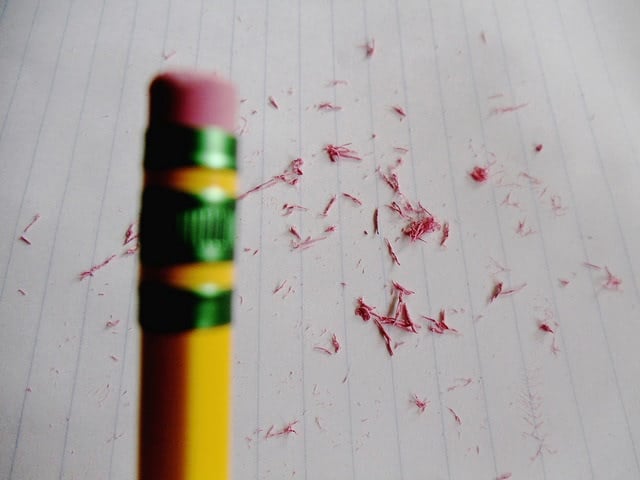
Flickr user Brandi Redd
They say to err is to human. We all make mistakes, it’s bound to happen. But one place you’d do well to avoid mistakes on is the ACT and SAT. Preparation is key, and knowing the common mistakes made on the exam is the best way to avoid them.
Poor Time Management
Time limits are stressful, even more so when there’s a lot riding on the line. Poor time management on the ACT / SAT can lead to unanswered questions, rushed decisions, and botched answers. With only so long per question, time management is a must.
One of the best ways to develop this skill is by taking timed practice tests—either by signing up online or self-timing. These practice sessions will simulate what the real deal will be like, so when test day comes around you won’t be blindsided by the clock.
Bubbling in Wrong Answers
Transferring the answer from the booklet, to your head, to the answer sheet sounds simple enough, but even the best test-takers can get off a row sometimes, and that can throw a wrench in your whole answer sheet.
One great way to avoid mixing up the question number and answer bubble is by waiting to bubble in your answers until the end of the section. Instead, circle your answer on the test sheet and bubble in afterward. This will also save you time.
Misreading Questions / Passages
You can’t expect to correctly answer a question if you don’t know the question being asked—or at least if you misread the question. Pace is important, but speeding too quickly through passages or questions can backfire. Instead, slow down, read, and even re-read.
Not Marking Up the Booklet
You may not be able to scribble on your Scantron, but you can mark up the test booklet to your heart’s content. This makeshift scratch-paper is an often overlooked tool. You can circle answers, underline key points, jot down math formulas, and more.
Leaving Answers Blank
There is no penalty for wrong answers—you simply won’t gain points. Therefore, it’s far, far better to guess an answer than leave it blank. You should have no blank answers when you’re finished. None. Zero.
Not Reviewing Answers
If you get to the end of the testing section with time to spare, don’t just sit and twiddle your thumbs. Instead, go back and review your answers one by one. Make sure you marked the answer you meant to, go over any questions you were uncertain of, or fill in anything you left blank.
Use College Raptor to discover personalized college matches, cost estimates, acceptance odds, and potential financial aid for schools around the US—for FREE!


